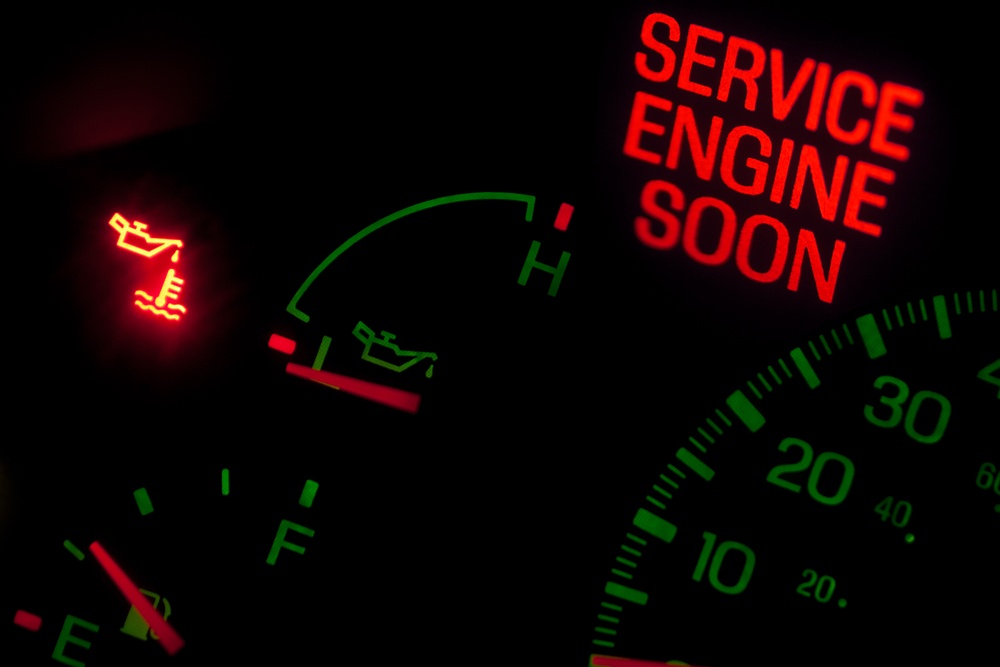
Your car’s check engine light turns on when there is a serious problem with your engine. Unlike other dashboard warnings, the check engine light provides no information beyond the blanket warning that something is wrong with the engine. The most common issues that cause your check engine light to come on are often relatively easy to figure out and repair without a mechanic.
Catalytic Converter
The catalytic converter changes harmful waste products from your engine into safer materials that are expelled by the exhaust system. When the catalytic converter stops functioning properly fuel economy is negatively affected and accelerating may become difficult no matter how hard you press on the gas pedal.
Loose or Broken Gas Cap
A loose, broken, or missing gas cap will allow fuel vapors to escape from the gas tank, lowering fuel efficiency and impeding the fuel system’s ability to operate correctly. Pull over and check your gas cap for tightness, cracks, damage and that is actually still there. If any damage is detected or the gas cap is missing entirely, a new one can be purchased for under $10 at most car part stores.
Spark Plugs
Your engine’s spark plugs are a vital part of the combustion process. They provide a space for the spark to move through, initiating the combustion process. Spark plugs that are worn out will often misfire, producing a perceptible lurch when you try to accelerate. Spark plugs are inexpensive and easy to replace on your own. You should check your spark plugs for signs of age during regular maintenance.
Oxygen Sensor
The oxygen sensors in your car track how much unburned oxygen is present in the exhaust. This provides information on how much fuel is being burned during combustion. If any of your car’s oxygen sensors stop functioning, you will notice a serious decline in gas mileage along with the check engine light turning on. In order to know which oxygen sensor is in need of repair, your check engine light needs to be scanned by your mechanic. Once the problematic sensor is found it can be repaired or replaced as needed.
The most common reasons your check engine light comes on all require immediate attention, either from you or a mechanic. Consult a qualified specialist if you are unsure what is causing the light to come on.
*Image courtesy of freedigitalphotos.net




